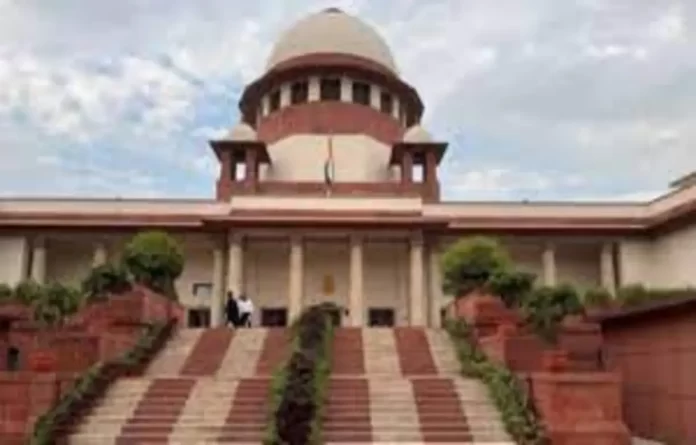The Supreme Court today issued notice in Jamiat Ulama-e-Hind Halal Trust’s plea challenging the Uttar Pradesh government’s ban on the manufacture, sale, storage and distribution of halal-certified products. The apex court also protected Jamiat chief Mahmood Madani and other office-bearers of the trust from any coercive action.
A bench of Justice BR Gavai and Justice Sandeep Mehra was hearing a writ petition filed under Article 32 of the Constitution by Jamiat Ulama-e-Hind Halal Trust. Earlier, the court had issued notice in two other pleas by Halal India Private Limited and Jamiat Ulama-e-Maharashtra challenging the ban imposed by the Uttar Pradesh Government on the manufacture, sale, storage, and distribution of halal-certified products.
The ban on Halal products was implemented on November 18, 2023 triggering a controversy and prompting police raids on malls across the state to seize halal products. In their plea, the petitioners contended that the ban violates citizens fundamental rights and undermines established certification processes, mentioning that it is a misconceived action causing chaos for retailers and affecting legitimate trade practices.
During the hearing on Thursday, the counsel appearing for Jamiat argued that despite the organisation having already joined the investigation and duly supplied all documents sought, the Uttar Pradesh government has summoned the president of the trust, asking him to be present in-person, without specifying what is needed from him.
Responding to the allegation, Justice Gavai asked the counsel to show the government that the Supreme Court is seized of the matter. The counsel replied that they have pointed out that the Supreme Court is seized of this matter but the government wants the president to be present.
Urging the top court to protect the president, the counsel stated that Mahmood Madani is a former Rajya Sabha member, bearded man and the purpose is there are TV cameras. The counsel added that the summon is completely extra-judicial. Consecutively, beside issuing notice, the bench also directed that no coercive steps will be taken against the petitioner-organisation and its office-bearers.
Earlier in January, the Supreme Court was persuaded to issue notice in the petitions with the petitioner’s counsel citing the pan-India ramifications of the halal ban and its impact on inter-state trade and commerce. Initially, the top court was reluctant to exercise its Article 32 jurisdiction to hear the challenge against this ban. Although, the bench sought the Uttar Pradesh government’s response to the pleas, it declined to issue a stay on coercive steps under the impugned government notification.


